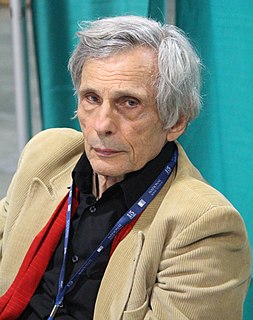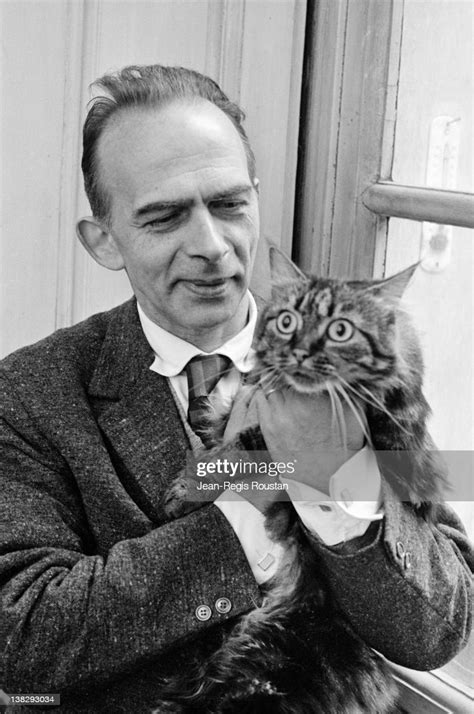A Quote by Jerome Charyn
Many of the writers I admire - Melville, Dickinson, Kafka - were virtually invisible during their lifetimes. Art, I think, often has to dance around in the void.
Related Quotes
Cinema is a kind of pan-art. It can use, incorporate, engulf virtually any other art: the novel, poetry, theater, painting, sculpture, dance, music, architecture. Unlike opera, which is a (virtually) frozen art form, the cinema is and has been a fruitfully conservative medium of ideas and styles of emotions.
Our time and attention is scarce. Art is not that important to us, no matter what we might like to believe... Our love of art is often quite temporary, dependent upon our moods, and our love of art is subservient to our demand for a positive self image. How we look at art should account for those imperfections and work around them. Keep in mind that books, like art museums, are not always geared to the desires of the reader. Maybe we think we are supposed to like tough books, but are we? Who says? Many writers (and art museums) produce for quite a small subsample of the... public.
Kafka is one of my very favorite writers. Kafka's fictional world is already so complete that trying to follow in his steps is not just pointless, but quite risky, too. What I see myself doing, rather, is writing novels where, in my own way, I dismantle the fictional world of Kafka that itself dismantled the existing novelistic system.
There are many more languages than we think: and man betrays himself more often than he desires. How things speak! - but there are very few listeners, so that man can only, as it were, chatter on in the void when he pours out his confessions: he squanders his ‘truths’, as the sun does its light. - Isn’t it rather a pity that the void has no ears?
The way we learn to write is the way we learn to talk: We listen to others and start mimicking speech, and that's how we come to become speakers. Writers you admire, you admire the way they plot, you admire the way they create a character, you admire the way they put a sentence together, those are the writers you should be reading.
There are writers you admire, for the skill or the art, for the inventiveness or for the professionalism of a career well spent. And there are writers-sometimes the same ones, sometimes not-to whom you are powerfully attracted, for reasons that may or may not have to do with literary values. They speak to you, or speak for you, sometimes with a voice that could almost be your own. Often there is one writer in particular who awakens you, who is the teacher they say you will meet when you are ready for the lesson.



































